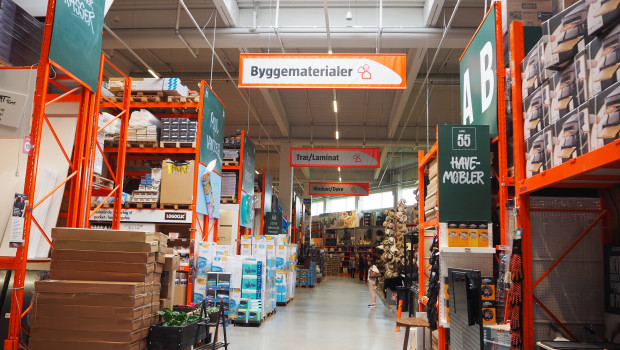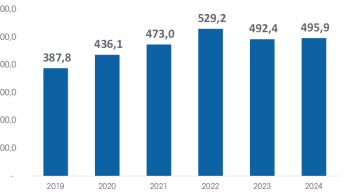The European DIY association Edra is currently working intensively with its representation in Brussels to block the EU Late Payment Regulation planned by the European Commission in its current draft. Edra’s criticism is that, contrary to the actual intention of the regulation, which is to strengthen small and medium-sized enterprises in particular, the plan harms both traders and manufacturers. The rigid payment period of 30 days for B2B contracts takes away the necessary flexibility, especially from companies that specialise in products with a low stock turnover rate.
In essence, Edra's criticism is based on two basic principles: one is that late payments are not the same as freely negotiated, contractually agreed long payment terms. According to the association, late payments should be penalised, but long payments must be left to the discretion of the buyer and seller. Freedom of contract is a principle which must be upheld, Edra says. The proposal should focus on targeting “late payments” rather than the duration of agreed payment terms.
And the second point: the Commission’s proposal itself is flawed, as it is based on the notion that late payments result from asymmetries in bargaining power between a large client (debtor) and a smaller supplier (creditor). Clearly, this is only a partial reflection of B2B transactions, states a paper by Edra. The new rules do not account for transactions between small client and larger supplier, and the impact assessment they are based on does not address these situations at all.
“Edra and our members are working hard to prevent 30-day payment terms being mandated for all B2B contracts in Europe,” says Alisdair Gray, director of European affairs at Edra. “The policy is unfit for purpose and would do enormous damage to retailers in the home improvement business where stock turns slowly. Longer, more flexible periods are required in DIY and this is our number one priority at Edra. We want to get back to the status quo on payment terms.”
The federation has already written to several MEPs about this. In addition, some Polish members have contacted Roza Thun, rapporteur of the relevant EU committee, about the matter. The DIY association is coordinating its work on this issue with the paint manufacturers' association CEPE, among others.

 Menü
Menü

















